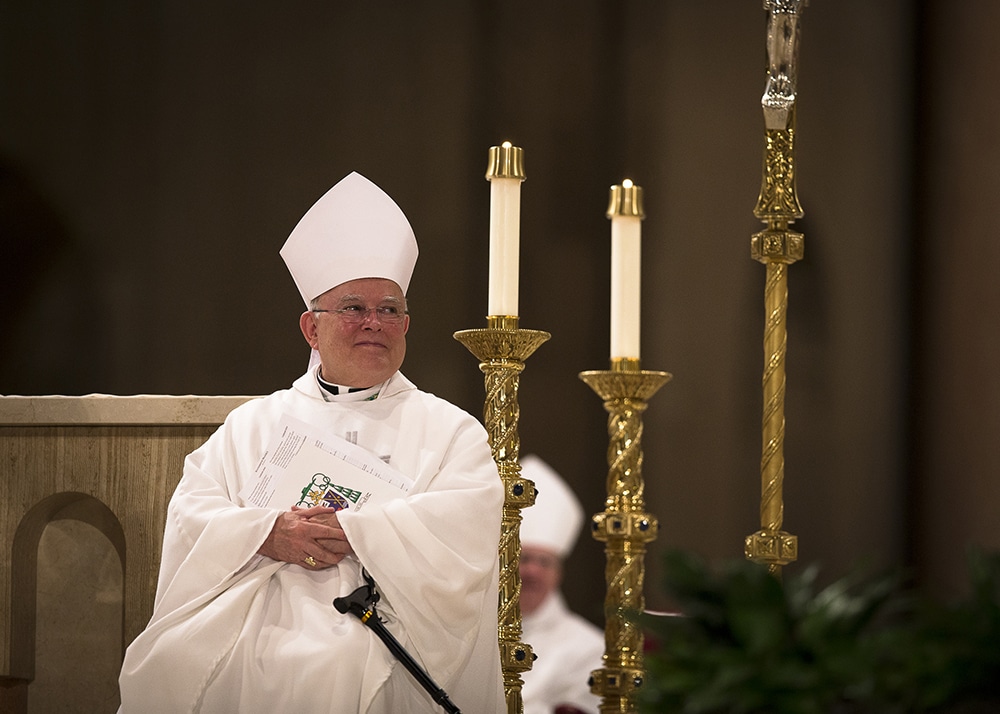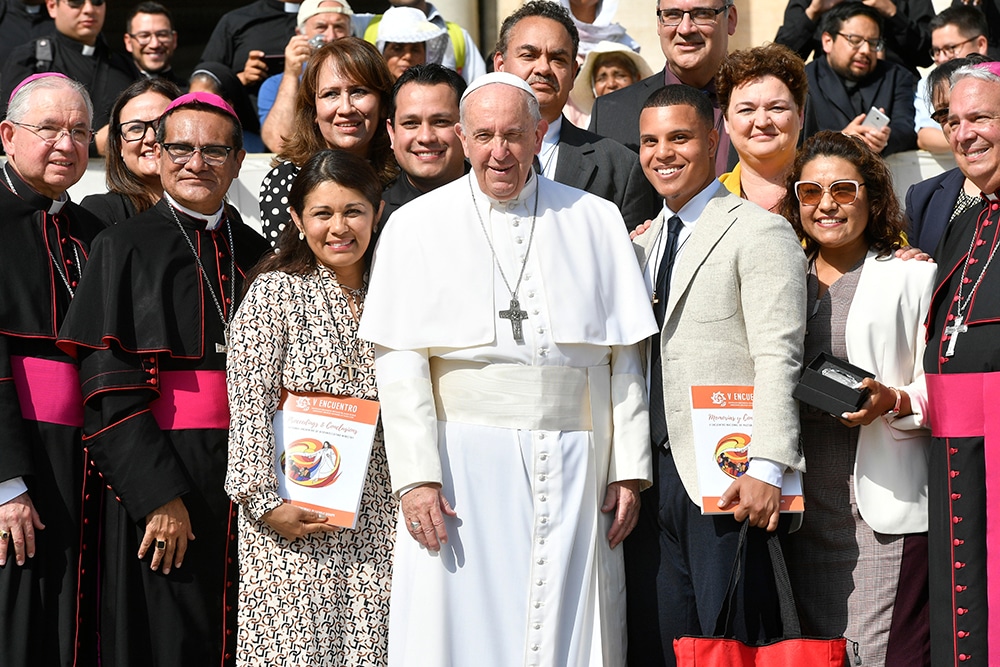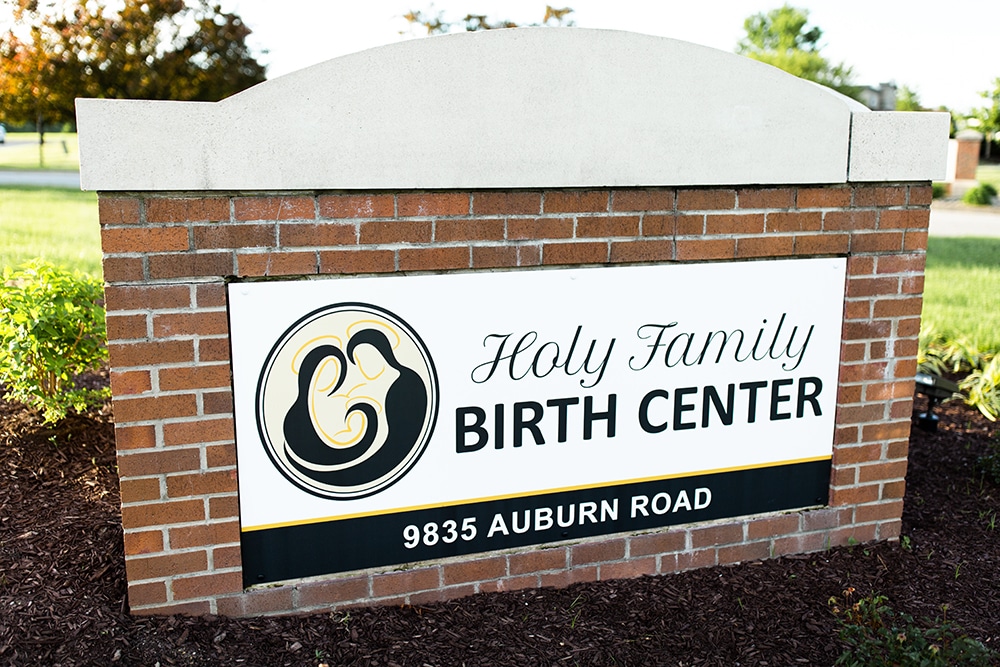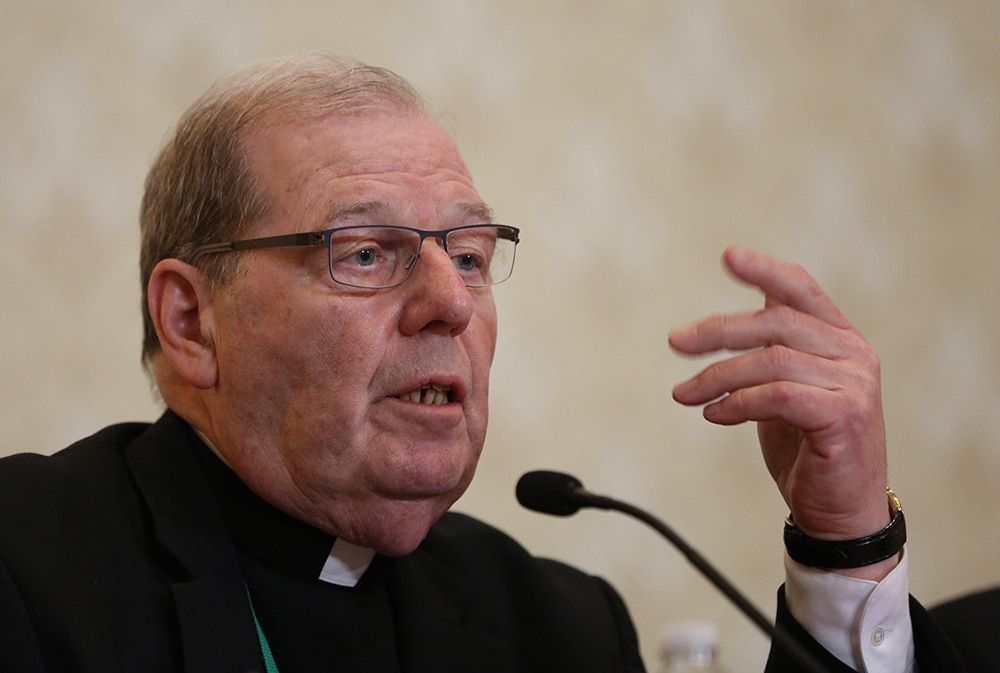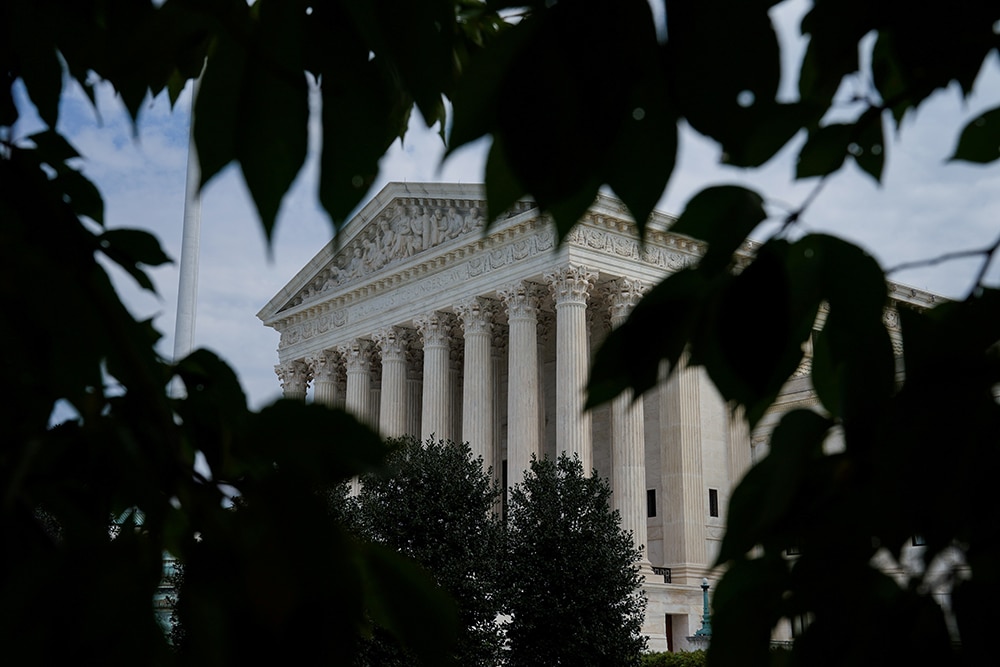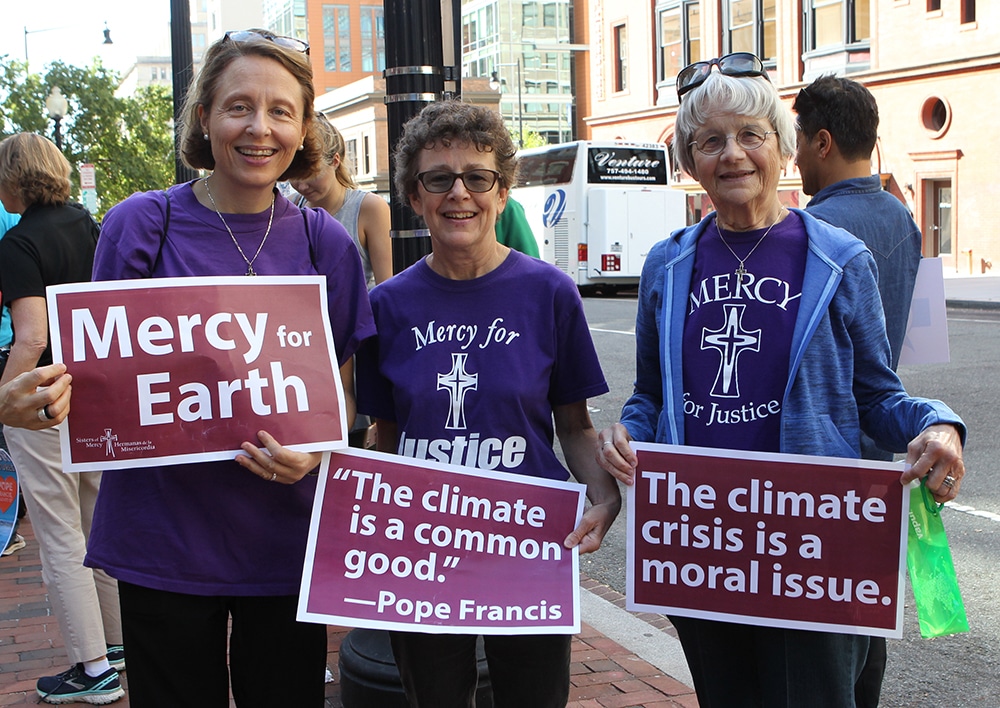Archbishop Charles J. Chaput of Philadelphia offered the following keynote remarks on Sept. 12 during the seventh annual St. Joseph the Worker Medal Awards at Malvern Retreat House in Malvern, Pennsylvania.
I don’t have any illusions about earning the award you’ve given me tonight. But I’m very glad to be here, because it gives me a chance to join in honoring Barbara [Henkels, founder of the Regina Academies] and Sean [Flanagan, captain emeritus, Knights of the Immaculata]. They’ve served the Church in exceptional ways for many years, and I’m happy to be part of celebrating them, because they show us what real lives of discipleship look like.
We need those examples, because these are odd days. It seems like a hard time for Catholics. It’s easy to feel that so much of what we believe is under attack or gripped by uncertainty. But I think this is actually a privileged moment; a moment when we get to prove who we really are and what we really believe. So I want to talk briefly about what it means to be holy. And I want to do that through the witness of two saints who deeply shaped my life: Francis of Assisi and Joseph of Nazareth. They were two very different men separated by 1,200 years. But they’re linked by something much more fundamental than time.
Before I was a bishop and even before I was a priest, I became a Capuchin Franciscan. The Capuchins were a reform movement within the Franciscan community. They wanted to get back to the real St. Francis; the radical, simple St. Francis. History calls Francis the vir Catolicus — the embodiment of everything a Catholic believer should be; a person filled with faith, joy, simplicity, courage, charity and zeal for Jesus Christ. And so he was.
But what many people overlook is that Francis lived in an age very much like our own. Francis was not just a loving man. He was also a formidable one, because he had to be. The 13th century was a time of great political unrest, and deep confusion and corruption in the Church. Francis began his life submerged in that world. He was comfortable. He was selfish. He was shallow. But finally, he was also hungry for something more in his life — and once he found it, he pursued it without compromise. Francis wanted to live the Gospel sine glossa — without gloss, without excuses, without interpretations to make discipleship easier or more comfortable.
Francis was a revolutionary in the truest sense. He wanted a radical commitment to holiness from his brothers, holiness in the root meaning of the word “holy.” Holy doesn’t mean good, and it doesn’t mean nice — although holy people are always good, and they’re also frequently nice. Holy comes from the Hebrew word qados, meaning “other than.” Francis wanted to be different, just as Jesus was different. Francis wanted to live in the presence of God, just as Jesus did. He wanted to live and act in ways “other than” the ways of this world.
What distinguished Francis from many of the other reformers of his day was one simple thing. He understood that he could never live out his love for God alone, or even with a group of friends. He needed the larger family of faith Jesus founded. He needed the Church. So he never allowed himself or his brothers to separate the Gospel from the Church, or the Church from Jesus Christ.
Francis was always a son of the Church. And as a son, he always insisted on fidelity and obedience to the Holy Father and reverence for priests and bishops — even the ones whose sins meant they didn’t deserve it. What Francis heard from Jesus on the Cross of San Damiano was not “replace my Church” or “reinvent my Church,” but “repair my Church.” And Francis did that in the only way that lasts — one stone at a time, with the living stones of his own life and the lives he changed through his personal witness.
So the lesson is this: If we want to be disciples and make disciples; if we want to repair the Lord’s Church in the shadow of today’s scandals and confusion; we need to understand that without saints, nothing we do will work. Without holy men and women on fire with Jesus Christ, in love with his Church, and zealous in preaching the Catholic faith through their words and actions, nothing will work. We can’t give what we don’t have. If Jesus Christ and a real Catholic identity don’t burn in the interior cathedral of our hearts, we can never possibly rebuild the external life of the Church in the world.
I’ve been thinking a lot lately about how we actually live our faith as Catholics, compared to people in other religions. I’ve been struck by the posture of Muslims at prayer. The word “Islam” means submission, and Muslims embody that word in the way they pray. Islam didn’t invent the idea of submitting oneself to God. Jewish communities and Christian missionaries were active on the Arabian Peninsula at the time of Mohammed, and some of the key elements of Islam were clearly borrowed from Judaism and early Christianity. But Muslims made submission the heart of their faith. We can relearn something about our own faith from the posture of Muslims at prayer — some important things about our own proper relationship with God.
We each need to ask ourselves today: How do I serve God? With pious words, or with a holy, committed life? On my terms or his? Scripture says that we serve God best by following his will with our whole body, mind and soul, and the one reliable teacher and guide we have to knowing his will is the Church. And I don’t mean the Church as we’d like her to be, but the Church Jesus intended her to be — his bride and our mother.
Christ sent his disciples out in his name, with his authority, to continue his work in the world as the Church — and only through the Church can we even be talking about Jesus today. The fidelity of Catholics to the Church, generation after generation, even when her leaders have been foolish or weak or sinful — that fidelity is what carries the message of the Gospel through time. Without the Church, Jesus Christ cannot be known. So fidelity to the Church and faithfulness to her teaching are not forms of servitude; they’re a choice to participate in the act of giving life to the world. Without the Church, we have only the world, and as every great saint knew very well, the world is not enough to feed the hunger in our hearts.
The Church is not an it. The Church is a she. St. John XXIII described the Church as our mater et magistra; our mother and teacher. We can love our mother; we can’t love an institution. And while the Church has institutional forms, she is always much more than the offices that serve her mission. She is always much more than the sins of her children — whether they be popes or bishops or priests or laypeople.
Vatican II, in Lumen Gentium 68, reminds us that Mary, “the mother of Jesus … is the image and beginning of the Church as [she] is to be perfected in the world to come. Likewise [the Church] shines forth on earth until the day of the Lord shall come (cf. 2 Pt 3:10), a sign of certain hope and comfort to the pilgrim people of God.” That’s the image we need to nourish in our hearts — especially in times of confusion and scandal — to keep us focused on the reality of the Church that gives life to her institutional forms.
And who is the patron saint and guardian of that life-giving reality we know as the Church? Joseph the trusting believer; the faithful husband, the loving foster father; the honorable worker; the sacrificial provider for his family. The Word of God actually tells us very little about St. Joseph. But what it does say is Scripture’s highest form of praise: Joseph was a just man. A man of labor and skill; character and righteousness. He was a man unwilling to shame the woman he loved, or expose her to the harshness of Jewish law because of her pregnancy out of wedlock. A man pious enough to hear and believe the will of God to take Mary into his home as his wife, and raise her son as his own. A man profoundly shaped by his faith — in ways other than the ways of the world.
Exactly 30 years ago, in his apostolic exhortation Redemptoris Custos, “Guardian of the Redeemer,” St. John Paul II, quoting many popes before him, described Joseph as “the model of those humble ones that Christianity raises up to great destinies … [St. Joseph] is the proof that in order to be a good and genuine follower of Christ, there is no need of great things — it is enough to have the common, simple and human virtues,” grounded in authentic love. Joseph is the greatest single model of unselfish manliness and Christian fatherly love. And thus he’s the greatest single example of masculine virtue not just for husbands and fathers in the families of our local Church, but for every one of our priests in their service as spiritual fathers of their Christian people. Including the one who’s speaking to you now.
I’ll end with just this final thought. Holiness is not a secret formula or the special province of saints like Joseph and Francis; or Clare and Joan of Arc. God longs for the love of each of us, and all of us. He calls every one of us to holiness; every one of us to the joy of his friendship. But we live in a world cocooned today in noise and distraction. And in such a world, silence is more precious than gold, because only in silence can we hear, and reflect on, and begin to respond to God’s voice. This is why the experience of a retreat is so very valuable, and why a ministry like Malvern Retreat House is such a vital source of nourishment for the soul.
So may God bless everyone involved in Malvern’s wonderful work. And thank you for your kindness this evening.

